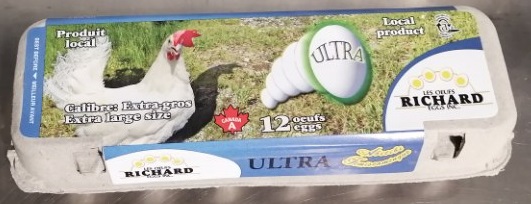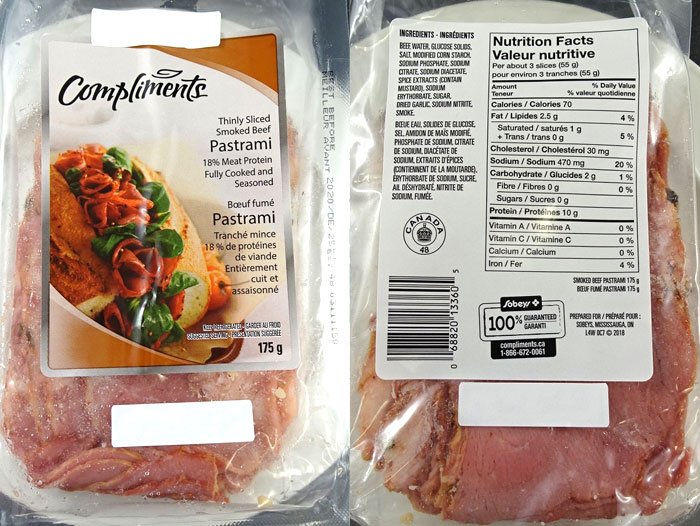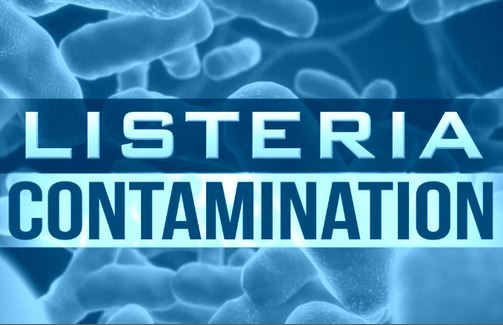Canada/Ottawa: Les Oeufs Richard Eggs Inc (Rivière-Héva, Quebec) recalled batch/lots of Les Oeufs Richard Eggs, Nutri and No Name branded Fresh Chicken Eggs from the Canadian marketplace due to suspected Salmonella contamination. Only eggs from Les Œufs Richard Eggs Inc. with lot code contains “Q29” or where there is no lot code on the package were recalled. Test results of the CFIA triggered this recall. The recalled eggs were distributed to retailers in Quebec. No illnesses were reported relating to the eggs. @ https://healthycanadians.gc.ca/recall-alert-rappel-avis/inspection/2020/74381r-eng.php




